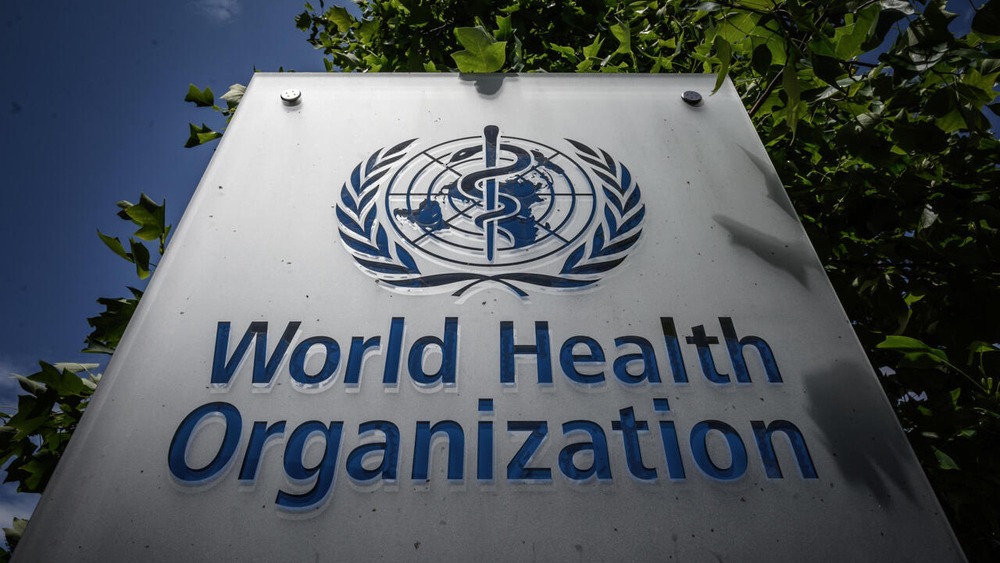New Delhi: The World Health Organisation (WHO) has called for stronger global cooperation and integrated action to address growing health threats arising from the interconnectedness of humans, animals, plants, and the environment on the occasion of World One Health Day, observed every year on November 3.
On this occasion, the Officer-in-Charge of WHO South-East Asia, Catharina Boehme, emphasised the urgent need for a multidisciplinary “One Health” approach to tackle emerging infectious diseases, antimicrobial resistance (AMR), and the health impacts of climate change.
“The world is witnessing an alarming increase in emerging infectious diseases, antimicrobial resistance, and the health impacts of climate change. These interconnected threats cross the boundaries of human, animal, and plant health, as well as environmental ecosystems,” Boehme said.
She noted that the recent adoption of the Pandemic Agreement by the World Health Assembly marks a historic milestone, embedding the One Health approach in global policy as a foundation for pandemic prevention and preparedness. The establishment of the Pandemic Fund, she said, offers new opportunities for sustained investment, capacity building, and equitable benefit-sharing to protect vulnerable populations.
Read More
- Bahrain echoes India’s advocacy for peace, dialogue in Middle East; urges Gaza ceasefire compliance
- Multiple causalities feared as Afghanistan struck by second earthquake of 6.3 magnitude
- Xi takes the win after Trump meeting
- International Federation of Journalists slams growing crisis faced by journalists in Pakistan
- Trump calls ‘G2 meeting’ with Chinese President Xi Jinping “great one”
Boehme also highlighted the key role of the Quadripartite One Health Alliance–comprising the World Health Organisation (WHO, the Food and Agriculture Organisation (FAO), the World Organisation for Animal Health (OIE), and the United Nations Environment Programme (UNEP)–in promoting global and regional One Health initiatives.
The Alliance’s One Health Joint Plan of Action (OH JPA) 2022-2026 outlines the collective commitment to implement and advocate for integrated health approaches.
In the WHO South-East Asia Region, several countries have already begun institutionalising One Health frameworks. Bangladesh, Bhutan, Timor-Leste, India, Myanmar, Nepal, Sri Lanka, and Thailand have each taken steps to strengthen interministerial coordination, research, and national strategies addressing zoonoses, emerging diseases, and AMR.
“Much remains to be done,” Boehme said, urging Member States to strengthen One Health governance, adopt multisectoral coordination tools, and leverage financing mechanisms such as the Pandemic Fund to advance the OH JPA.
Calling for unified global action, she added, “On World One Health Day, we urge everyone–governments, health professionals, veterinarians, farmers, environmentalists, and citizens alike–to unite to protect the health of people, animals, and our planet.”







